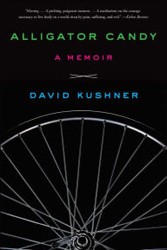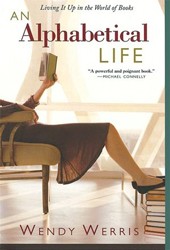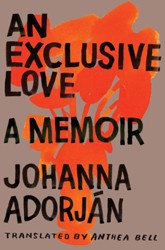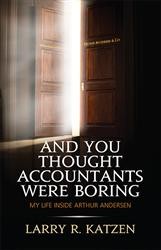By
– September 1, 2011
One summer afternoon walking in her backyard, Binnie Klein broke her ankle and her foot. Her body had betrayed her once again. A refugee from school gym class and camp swimming lessons, Klein had never had a good relationship with her body. Now middle- aged and resenting it, she avoided mirrors. Despite an active psychotherapy practice and a sideline as the host of an alternative radio station music show, she felt sour and disconnected.
It took boxing to recharge Binnie Klein’s life. Following up on the physical therapy for her foot and ankle, Klein began working with a personal trainer. Noticing a basket of boxing gloves at the gym, she asked him whether he could teach her to box. From her first punch, Klein discovered the physical strength and ease she always craved. And discovering her physical strength, she also found the strength to revisit her perplexing childhood and the Jewish immigrant experience her family never discussed.
Klein weaves into her own memories the story of Jewish boxing from Daniel Mendoza, the great 18th century boxer, to Barney Ross, creating delightful riffs with them.
It took boxing to recharge Binnie Klein’s life. Following up on the physical therapy for her foot and ankle, Klein began working with a personal trainer. Noticing a basket of boxing gloves at the gym, she asked him whether he could teach her to box. From her first punch, Klein discovered the physical strength and ease she always craved. And discovering her physical strength, she also found the strength to revisit her perplexing childhood and the Jewish immigrant experience her family never discussed.
Klein weaves into her own memories the story of Jewish boxing from Daniel Mendoza, the great 18th century boxer, to Barney Ross, creating delightful riffs with them.
Maron L. Waxman, retired editorial director, special projects, at the American Museum of Natural History, was also an editorial director at HarperCollins and Book-of-the-Month Club.





